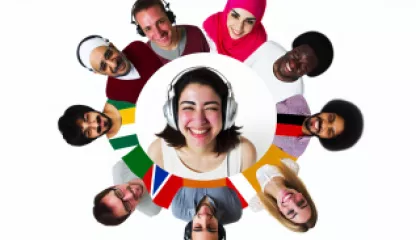Jeg heter Lucas Hedlund, og jeg har alltid vært fascinert av hvordan våre omgivelser, det vi spiser, og det vi tror på, former hvem vi er. Å utforske disse aspektene ved livet med klientene mine gir meg en dyp følelse av formål. Jeg brenner for å hjelpe mennesker å finne balansen i livet sitt, og jeg tror at nøkkelen til mange av livets utfordringer ligger i de daglige valgene vi tar.
Min interesse for psykologien bak rom ble vekket da jeg innså hvordan små endringer i våre fysiske omgivelser kan ha stor innvirkning på vårt mentale velvære. Det fascinerer meg å se hvordan et rom kan påvirke humøret, produktiviteten, og til og med relasjonene våre. Jeg jobber sammen med mine klienter for å utforske og forstå hvordan deres personlige og profesjonelle rom kan optimeres for å støtte deres psykiske helse.
Spisevaner er et annet felt jeg er lidenskapelig opptatt av. Vår forbindelse til mat går dypere enn bare næring; den speiler våre følelser, kulturer, og til og med vår identitet. Jeg har sett hvordan en mindful tilnærming til mat kan fremme ikke bare fysisk helse, men også mental klarhet og selvaksept. Ved å utforske våre spisevaner sammen, kan vi avdekke skjulte mønstre som holder oss tilbake fra å leve våre beste liv.
Endelig er psykologien bak tro et område jeg finner utrolig givende å dykke ned i. Våre overbevisninger former vår virkelighetsoppfattelse og påvirker hver beslutning vi tar. Å arbeide med klienter for å utforske og eventuelt omforme disse overbevisningene kan lede til transformative endringer i hvordan de ser på seg selv og verden rundt dem.
Med kun 2 års erfaring, kan jeg kanskje betraktes som relativt ny i dette feltet, men min lidenskap og engasjement for å hjelpe andre vokser for hver dag. Å være en støtte for noen som søker å forbedre sitt mentale velvære er en ære, og jeg ser frem til alle samtaler, oppdagelser, og milepæler vi kan dele sammen.







